Have you ever wondered how a country’s cultural heritage can shape its culinary landscape and, in turn, influence global dining trends? In the case of Morocco, the answer is intricate and fragrant, revealing an artistic fusion of flavors that transcends borders. This article explores the fascinating impact of Moroccan culture and cuisine on culinary practices around the world, revealing how this North African gem educates our palates and enriches the global table.
Overview of Moroccan Culture and Cuisine
Defining Moroccan Cuisine
Moroccan cuisine is a vibrant tapestry woven from threads of diverse cultural influences, including Berber, Arab, Mediterranean, and even sub-Saharan elements. It’s more than just food; it’s a **celebration of life**. Typically, dishes are characterized by their unique combinations of ingredients, including aromatic spices like cumin, cinnamon, and saffron that are thoughtfully blended to create harmonious flavors.
The centerpiece of Moroccan meals often revolves around the hearty tagine, a slow-cooked stew typically made with meats, vegetables, and spices, served with couscous or bread. Such **dishes tell stories of tradition**, heritage, and the communal spirit that is deeply rooted in Moroccan society, enhancing their cultural significance.
The Role of Tradition in Moroccan Food
Tradition plays an essential role in **shaping Moroccan cuisine**, with centuries-old recipes carefully passed down through generations. Meals are often prepared using time-honored techniques that respect the ingredients and their place within the local landscape. For instance, the preparation of Moroccan bread, or khobz, is ritualistic, often involving the entire family.
Moreover, cultural celebrations like **Eid al-Adha** and religious gatherings prominently feature traditional Moroccan foods, reinforcing the notion that sharing meals is a vital part of cultural identity and social cohesion. This rich tradition significantly influences how **Moroccan culture and cuisine** are perceived around the world, inspiring a diverse range of culinary interpretations.
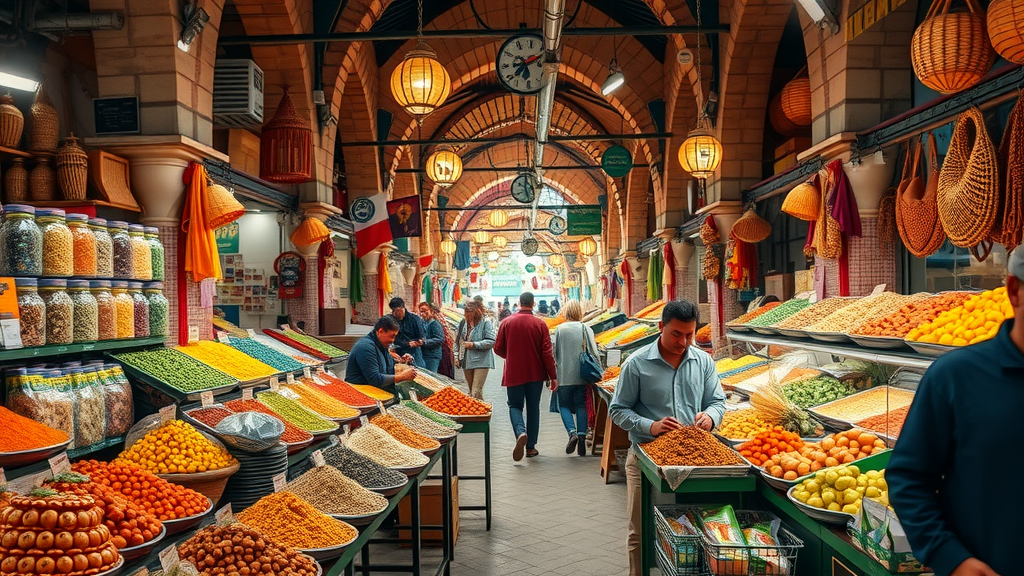
Influences on Moroccan Cuisine
Arab Influence on Moroccan Dishes
The Arab invasion in the 7th century brought vital culinary innovations to **Moroccan culture and cuisine**. Ingredients such as rice and various fruits were introduced, becoming staples in Moroccan cooking. The integration of **Arab spices** has led to the profound layering of flavors, evident in dishes like mechoui, a whole roasted lamb seasoned with aromatic spices.
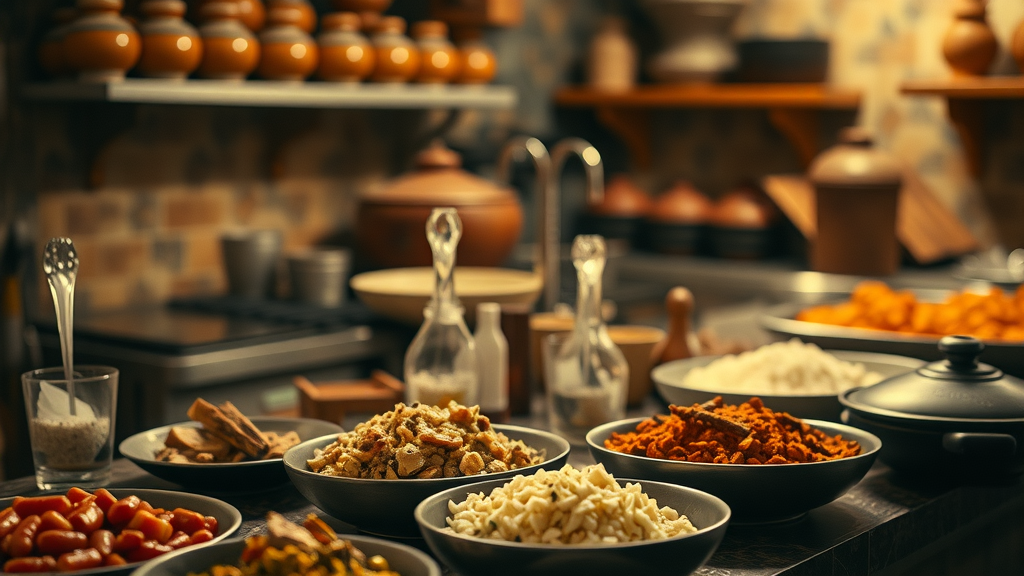
Berber Roots and Their Culinary Contributions
Before the influence of the Arabs, the Berbers had a well-established culinary identity centered on comfort foods like couscous and tagines made with local spices and ingredients. These foundational **Berber dishes** reflect a connection to the land, embracing local produce and flavors unique to Morocco’s topography.
The Berbers contributed significantly to the essence of Moroccan cuisine, with dishes often focused on **seasonal ingredients** and natural flavors that celebrate the diversity of Morocco's environmental bounty. Their culinary skills continue to shape menus and elevate Moroccan gastronomy globally.
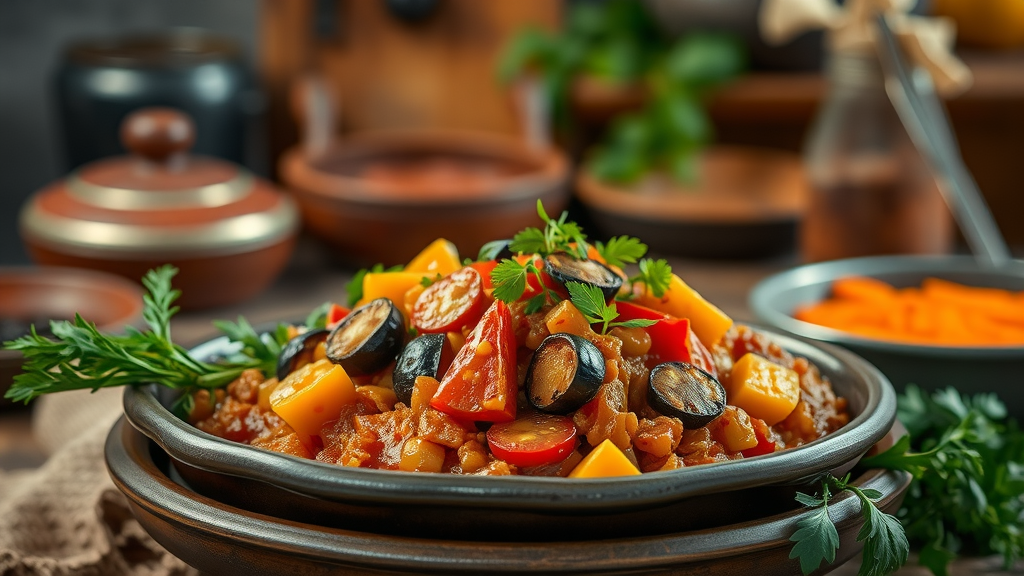
Signature Dishes of Moroccan Cuisine
Exploring the National Dish: Couscous
Couscous is arguably Morocco’s national dish, often served on Fridays for family gatherings. Made from semolina wheat and steamed to fluffy perfection, it serves as a canvas for various meats, vegetables, and spices. This staple is symbolic of hospitality and celebration, reflecting the essence of **Moroccan culture and cuisine**.
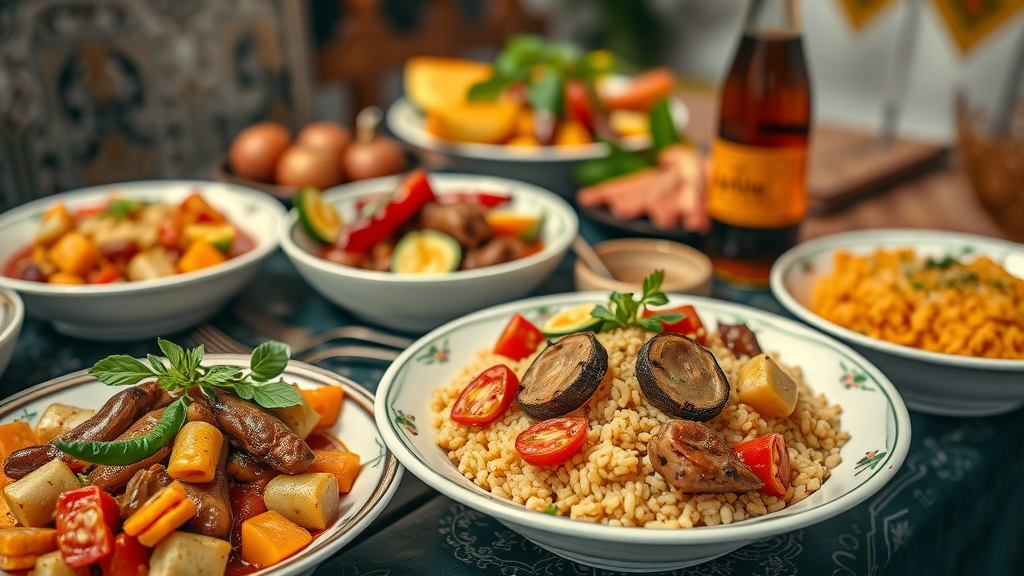
The Popularity of Tagine: A Culinary Icon
The tagine, a traditional earthenware pot, not only defines a dish but is an emblem of Moroccan cooking itself. It allows for **slow-cooking**, preserving flavors that evolve over hours, featuring everything from lamb to vegetables, making it a quintessential staple found in kitchens worldwide.
Mint Tea: The Heart of Moroccan Hospitality
Known as ‘Moroccan whisky’, mint tea is fundamental to **Moroccan culture and cuisine**. It symbolizes warmth, hospitality, and **friendship**, typically served to guests in elaborately designed teapots. The process of preparing tea becomes an art, revealing the emphasis placed on social gatherings and shared moments over food and drink.

The Global Impact of Moroccan Cuisine
How Moroccan Flavors Have Influenced Global Palates
Moroccan cuisine has made significant inroads into international culinary scenes, with chefs around the world experimenting with its unique flavor profiles. The **spice blends** like ras el hanout have transcended Moroccan borders, inspiring flavor fusions in various cuisines, combining **Asian**, **European**, and **African** techniques and ingredients.
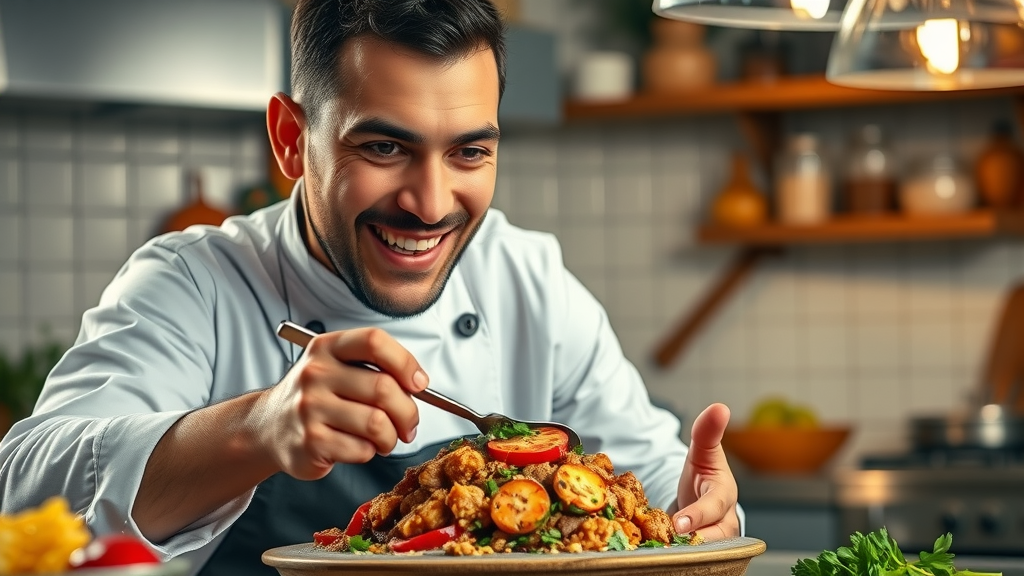
Fusion Cuisine: Blending Moroccan with Other Culinary Traditions
Fusion cuisine has become a popular way to explore Moroccan flavors alongside those from other cultures. **Chefs** are incorporating Moroccan spices and techniques into dishes from different culinary backgrounds, resulting in innovative meals that maintain the rich cultural legacy. This practice not only introduces new tastes but educates diners about Moroccan culinary traditions.
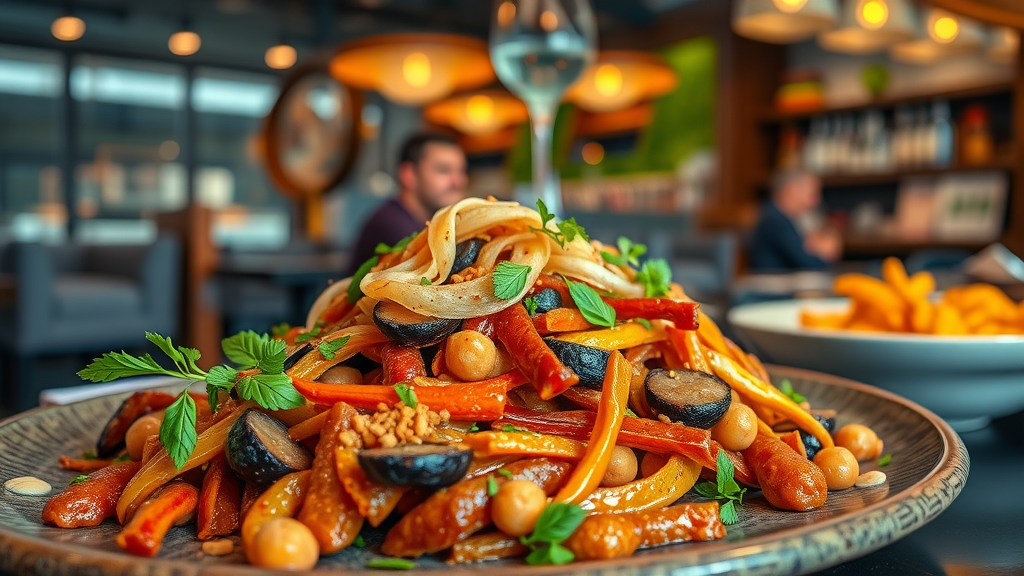
Common Misconceptions About Moroccan Cuisine
Debunking Myths: What Moroccan Food Really Is
Despite its popularity, there are numerous misconceptions surrounding **Moroccan cuisine**. Often, it is mistakenly thought to be solely spicy, when in fact, **the use of spices is nuanced** and balanced, tailored to enhance rather than overpower. Understanding these subtleties is vital for appreciating the full breadth of flavors Moroccan dishes offer.
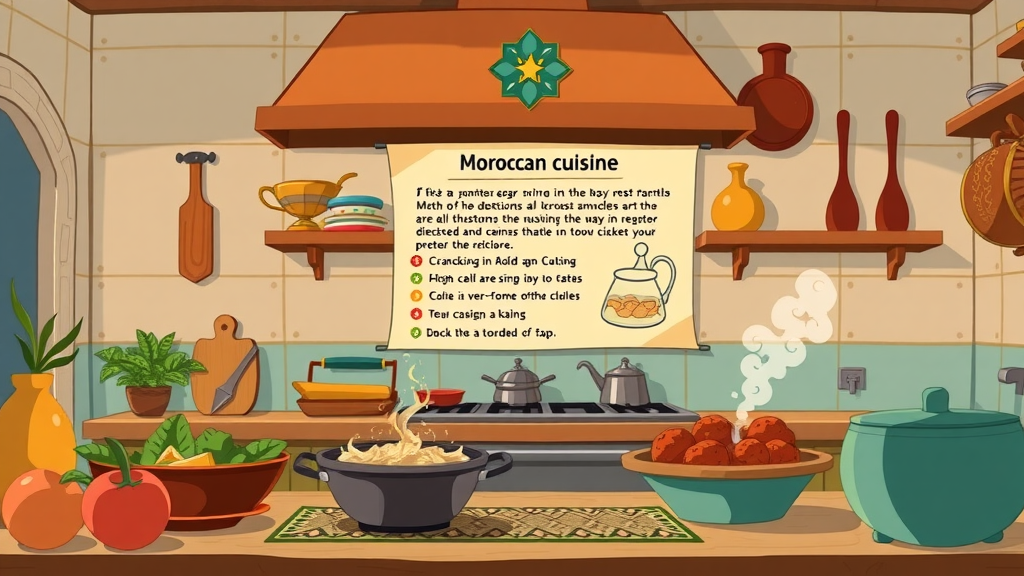
Understanding the Diversity of Moroccan Dishes
Many people overlook the **regional diversity** of Moroccan dishes. Each region, from the coastal cities to the Atlas Mountains, boasts its own specialties, influenced by local ingredients and culinary traditions. This rich diversity allows for a vibrant spread of flavors and experiences, making Moroccan cuisine both unique and adaptable.
Expert Insights on Moroccan Cuisine
“Moroccan cuisine is a reflection of its rich history and diverse influences, making it a unique culinary experience.” - Expert Name, of East Africa Top Directory
Best Practices for Enjoying Moroccan Food
To fully appreciate **Moroccan culture and cuisine**, one must embrace the **sharing aspect** of dining. Traditional meals are often family-style, allowing for communal engagement. It’s also essential to savor each bite, as the intricacies of flavor reveal themselves over time. Additionally, embracing dining with your hands (using bread) adds to the authentic experience.

Key Takeaways on Moroccan Culture and Cuisine
Summary of Influences and Signature Dishes
Moroccan cuisine embodies a rich tapestry of **cultural influences** and innovative interpretations. From the Berber roots to the Arab spices and the spirit of hospitality embodied in mint tea and couscous, each dish serves as a bridge connecting Morocco's past to the broader world. Understanding these connections offers deeper insights into why Moroccan cuisine continues to thrive on international stages.
FAQs About Moroccan Cuisine
What is a Moroccan food culture?
Moroccan food culture is centered around communal dining, where meals are shared with family and friends, emphasizing hospitality and tradition.
What is typical Moroccan culture?
Typical Moroccan culture is a vibrant mix of Arab, Berber, and Mediterranean influences that is reflected in its traditional music, art, and, most notably, its cuisine.
What food is famous in Morocco?
Some famous Moroccan foods include tagine, couscous, harira soup, and mint tea, each reflecting the country’s rich culinary heritage.
What is the traditional dish of Morocco?
The traditional dish of Morocco is couscous, often served with succulent meats and vegetables, symbolizing hospitality and cultural identity.
Conclusion: The Lasting Legacy of Moroccan Cuisine
The legacy of **Moroccan culture and cuisine** is one that resonates well beyond its geographical borders, leaving a profound impact on global culinary practices and preferences. As more people embrace its flavors and traditions, Moroccan cuisine continues to flourish, inviting the world to experience its vibrant, diverse offerings.
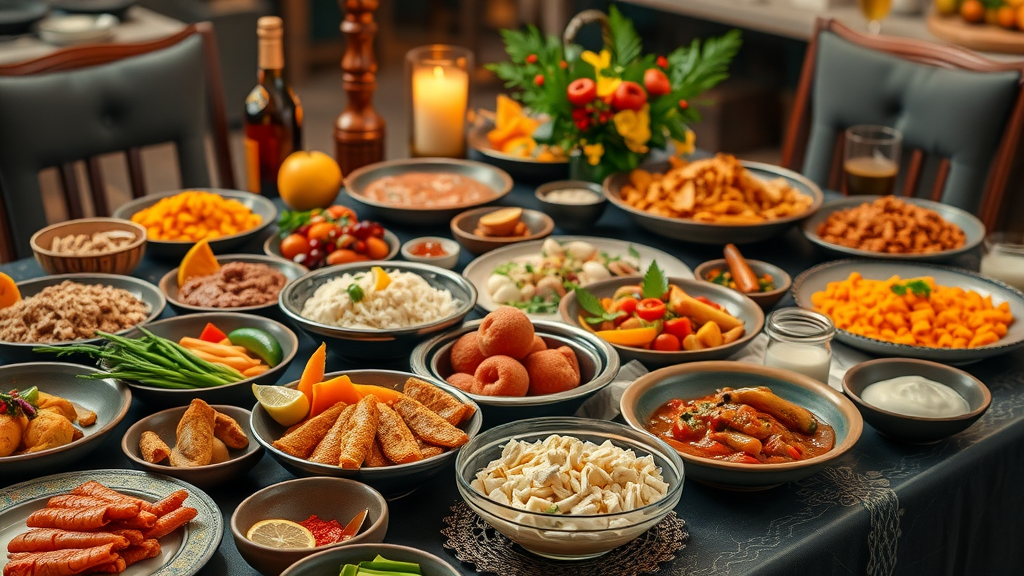
Call to Action: Discover Africa Travel Destinations
Ready to explore the enchanting world of Moroccan culture and cuisine? Dive into the rich flavors, vibrant traditions, and welcoming communities by booking your next adventure with East Africa Top Directory!
 Add Row
Add Row  Add
Add 



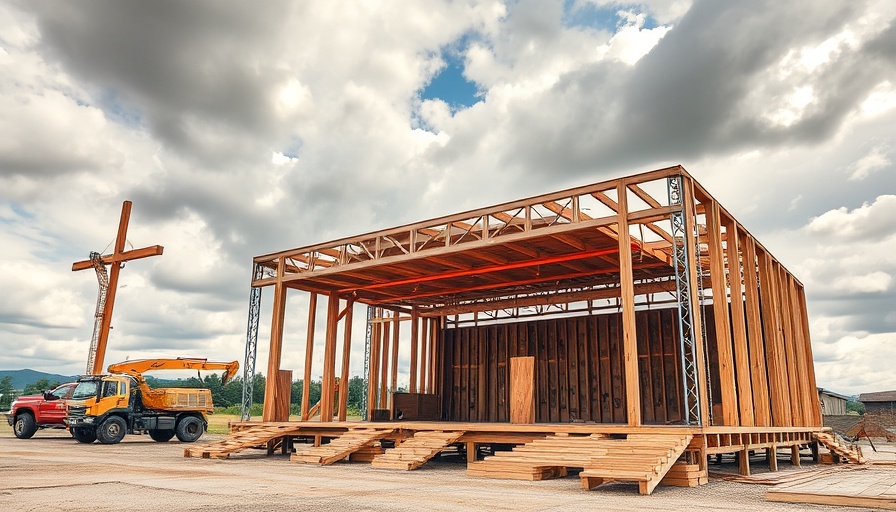
Write A Comment